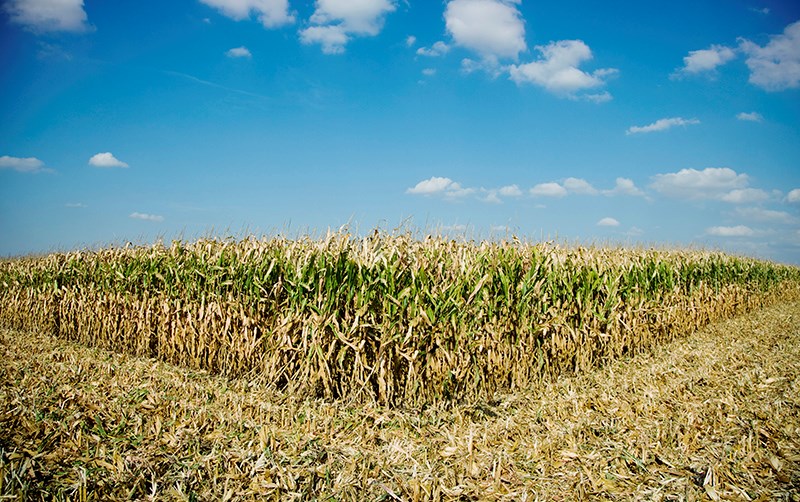Jack Poirier
Biomass start-ups like the Comet Biorefining plant preparing to convert corn stocks into sugar are a sweet deal for Sarnia-Lambton, says Don McCabe, president of the Ontario Federation of Agriculture.
Southwestern Ontario has some of the most fertile farmland in the world, said McCabe, who rejects suggestions that biomass companies could damage the soil by removing nutrient-rich crop wastes that would otherwise be recycled into the ground.
“We’ve gone from averaging 80-to-100 bushels per acre of corn to as much as 250-to-300 … And you have that same weight in corn residue still out there, once farmers combine their cornfields,” he said.
“This is good for the environment all around.”
London-based Comet Biorefining has tagged Sarnia’s TransAlta Energy Park as the site for its first commercial-scale sugar facility.
The plant will produce dextrose sugar from locally grown corn stover and wheat straw. Corn stover is the residue left in the field after harvest, including stalks, leaves, husks and cobs.
The facility is expected to come online in 2018 and produce 60 million pounds per year.
Chief Executive Andrew Richard said the company’s patented process turns crop waste into high-purity dextrose, which will be transformed into organic acids, amino acids and bioplastics.
Such plant-based “building blocks” can be used in place of traditional oil-based plastic in everything from food packaging to toys.
And biomass harvested isn’t something consumable, like corn kernels, he said.
“So we avoid the whole food-versus-fuel debate. We believe this (project) hits on a lot of key factors.”
Richard said Sarnia was chosen for a variety of reasons, including access to feedstock, support from the agricultural community and Sarnia’s reputation as an emerging biomass hub.
“This is the best place to get to commercial use,” he said.
Richard also applauded the work of civic leaders and the Sarnia-based Bioindustrial Innovation Canada, which was created to position Sarnia-Lambton as a world-scale Hybrid Chemistry Cluster.
Other local projects include Woodland Biofuels, GreenCore Composites, BioAmber, and KmX Corporation.
Richard said more details, including the number of jobs the project will create, would be announced at a later date.
